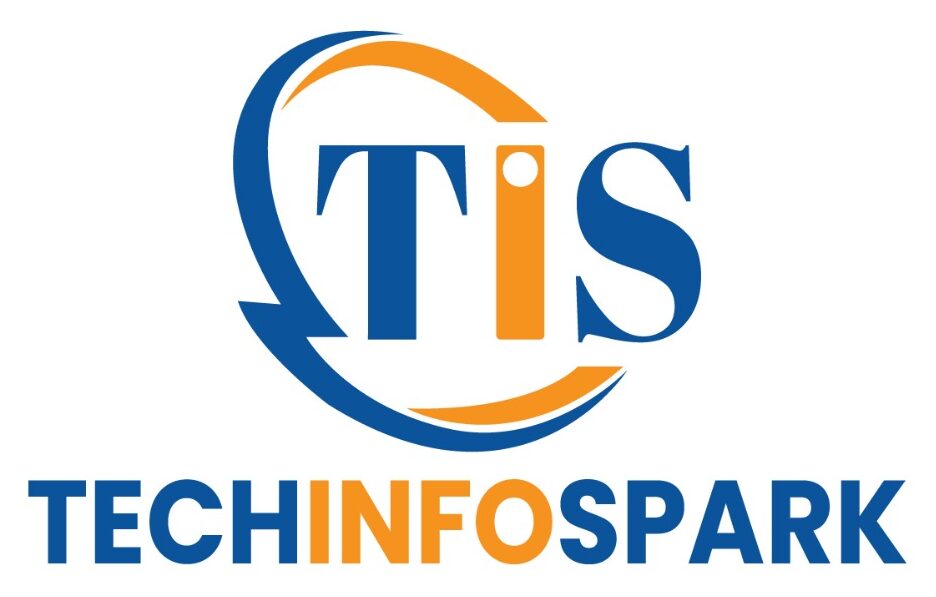Gaming has become a beloved pastime for millions worldwide, but when it comes to choosing the right platform, many newcomers—and even some experienced gamers—face a tough choice: PC or console? Each offers distinct advantages and disadvantages that can significantly impact your gaming experience, depending on your preferences, budget, and technical know-how.
In this in-depth guide, we break down the critical differences between PC and console gaming to help you decide which platform best suits your needs. PC gaming is known for its unparalleled hardware customization, allowing players to build or upgrade machines tailored for ultimate performance. It offers access to a vast library of games, including many indie titles and mods, along with flexible control options such as keyboard and mouse or various gamepads.
On the other hand, consoles offer simplicity and convenience. Designed for plug-and-play ease, consoles like the PlayStation 5, Xbox Series X, and Nintendo Switch deliver optimized gaming experiences with minimal setup. They tend to be more affordable upfront, come with exclusive titles, and offer a unified online ecosystem. However, upgrading hardware is limited, and some games may have fewer customization options.
This article also examines important factors such as game exclusivity, online communities, subscription services, and the social aspects of gaming on each platform. Additionally, it covers performance comparisons, from graphics and frame rates to loading speeds, as well as considerations like space, portability, and long-term costs.
Whether you prioritize high-end graphics, expansive game libraries, or easy multiplayer access, understanding the pros and cons of PC and console gaming will help you make an informed decision tailored to your gaming style. Perfect for beginners or anyone thinking of switching platforms, this guide equips you with the knowledge to choose your ideal gaming setup confidently.



